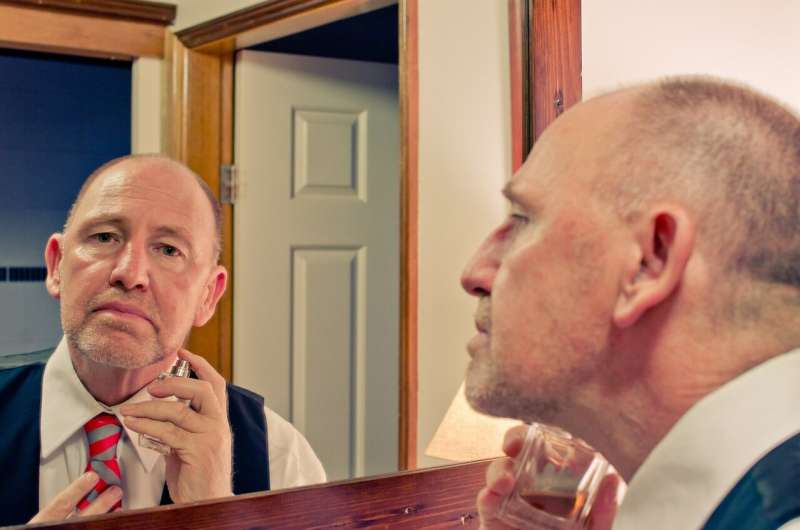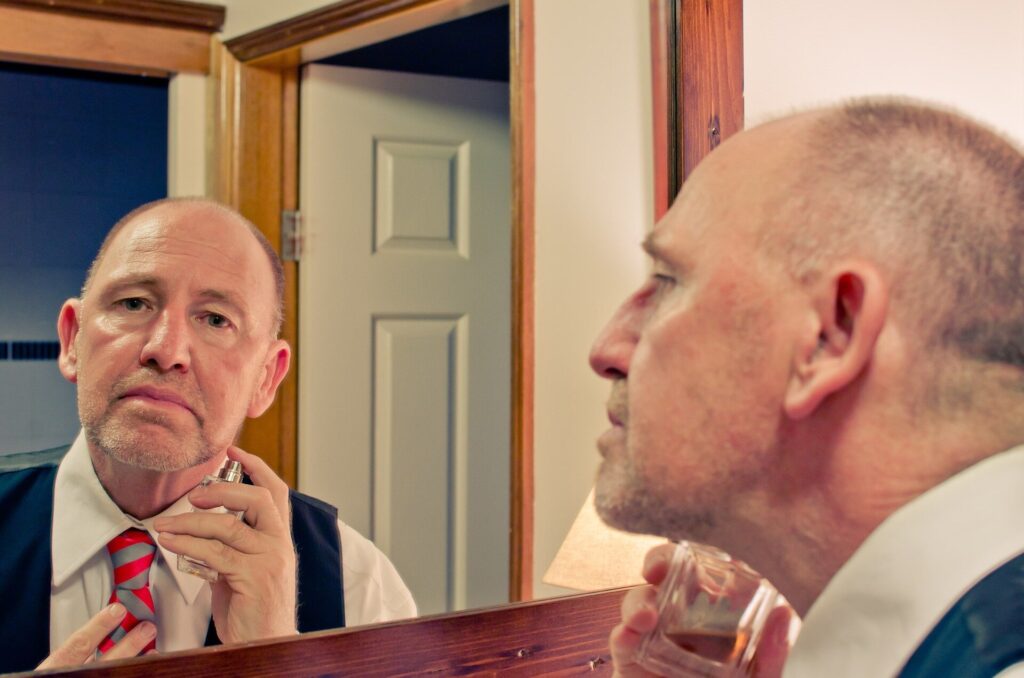
Credit: CC0 Public Domain
According to the National Poll on Healthy Aging, 93% of people in the United States between the ages of 50 and 80 report having experienced at least one type of ageism from others. Internalized ageism is when you believe ageist ideas about yourself, such as that you've had a “senior moment” or that you're too old to learn new technology.
Internalizing ageist stereotypes can affect the mental and physical health of older adults, including their sexual health. Although various aspects of sexual health in older adults have been widely studied, there is limited research focusing on older gay men, who often face disproportionate health disparities.
A new study by Lucas R. Prieto, assistant professor in the Department of Social Work at the George Mason University School of Public Health, found that internalized gay ageism affects some, but not all, of older gay men's sexual health. Internalized gay ageism negatively impacts older gay men's sexual satisfaction through body image.
However, internalized gay ageism does not affect their erectile dysfunction.Internalized gay ageism (IGA) is a combination of internalized homophobia and ageism that captures the unique experiences of older gay men, such as feeling ignored when in the company of other gay men.
“We found a full mediation effect, meaning that older gay men (i.e., IGAs) who internalize negative feelings about aging as gay men report poorer body image and sexual satisfaction,” said lead researcher Prieto. “Social and Mental Health Factors Associated with Sexual Satisfaction Among Older Gay Men,” was published online in May 2024 in the Journal of Homosexuality.
“Studies have shown that sexually satisfied older adults report higher life satisfaction and quality of life. Therefore, research investigating the sexual satisfaction of marginalized older adult populations such as older gay men is warranted. It is important for health care providers to understand the unique aspects of gay male aging in order to provide appropriate care,” Prieto said. The study also found that older gay men in open relationships were more likely to be sexually satisfied compared to those who were single or widowed.
“Limiting our understanding of sexual satisfaction to older heterosexual populations may have negative effects on the health of sexual minority groups. Our findings highlight the need for health promotion interventions that are tailored to the cultural differences and experiences of older gay men,” Prieto said.
Additionally, Prieto investigated the relationship between internalized gay ageism and erectile dysfunction (ED). Prieto found that age and overall health were predictors of ED in older gay men, but internalized gay ageism did not. These findings were published separately as “Factors Associated with Erectile Dysfunction in Older Gay Men” and were published online in June 2024 in the Archives of Sexual Behavior.
The findings in both papers come from a cross-sectional study called the Study of Sexual Satisfaction and Aging in Gay Men (SASSY), which surveyed gay men online on topics related to sexual health and well-being. Initial research for the study was conducted at Prieto's former institution, Michigan State University. Deirdre A. Shires and Yuan Xiong, both from Michigan State University, are co-authors on both papers.
Further information: Lucas R. Prieto et al., “Social and Mental Health Factors Associated with Sexual Satisfaction among Older Gay Men,” Journal of Homosexuality (2024). DOI: 10.1080/00918369.2024.2353054
Lucas R. Prieto et al., “Factors Associated with Erectile Dysfunction in Older Gay Men,” Archives of Sexual Behavior (2024). DOI: 10.1007/s10508-024-02908-3
Courtesy of George Mason University
Source: New Study Finds Body Image and Overall Health Important to Sexual Health of Older Gay Men (June 21, 2024) Retrieved June 21, 2024 from https://medicalxpress.com/news/2024-06-body-image-health-important-sexual.html
This document is subject to copyright. It may not be reproduced without written permission, except for fair dealing for the purposes of personal study or research. The content is provided for informational purposes only.



